The capacity building on membership workshop was co-delivered by Queer Sport Split and Out in Slovenia, partners of the Erasmus+ Sport project +PLUSS “LGBTQI+ Policy and Leadership in Sport and Society”, in Budapest (Hungary) between October 27th-29th, 2023
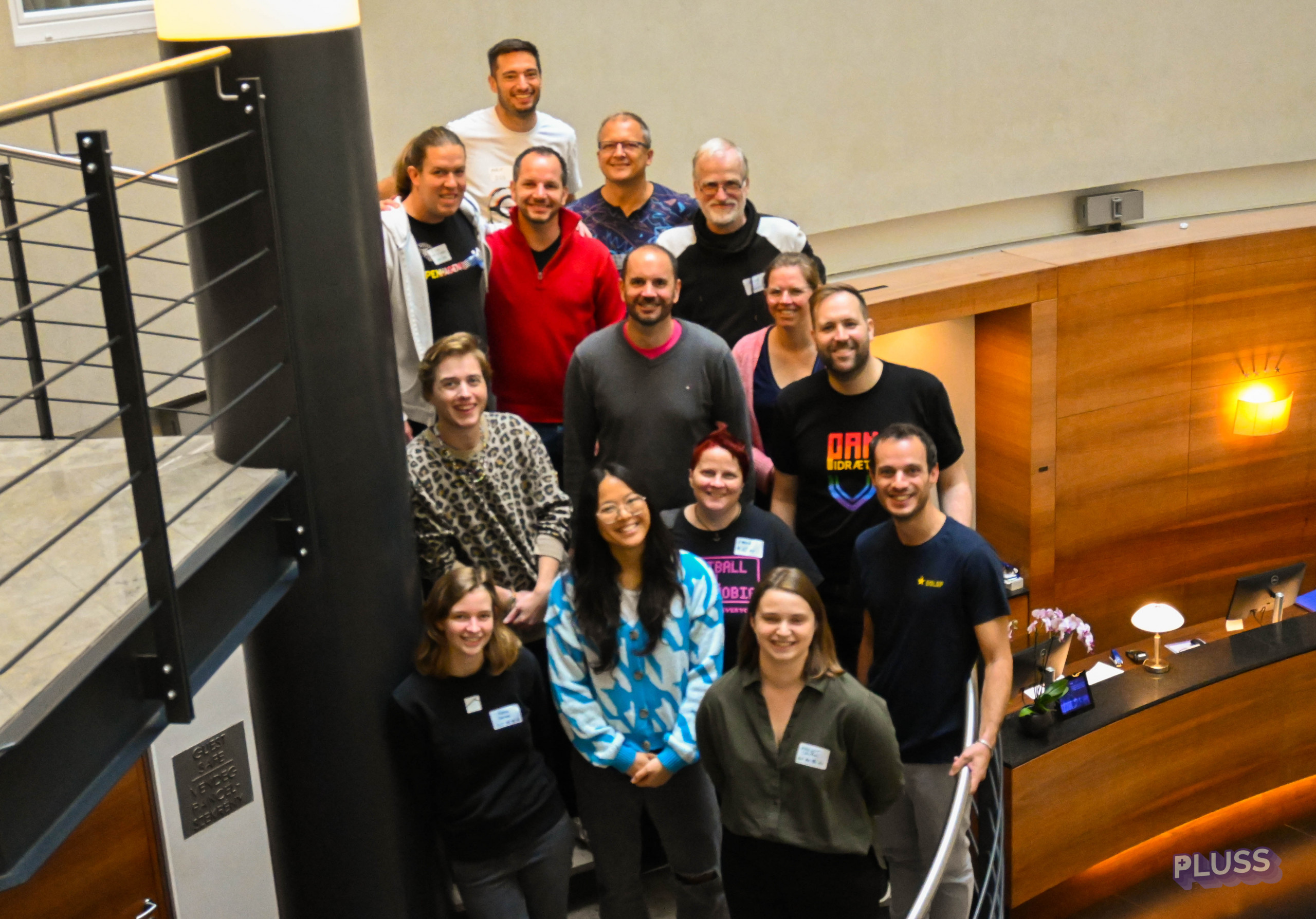
Sports should be welcoming, safe, and inclusive for everyone. That's why it is crucial to support LGBTQI+ sports clubs that aim to make sports accessible and safe for the queer community. These clubs play a vital role in fostering an environment where everyone, regardless of their sexual orientation or gender identity, can participate and thrive.
While our clubs inherently welcome individuals of all identities, ages, and backgrounds, we recognize the ongoing need for improvement. By continually refining our practices and actively engaging with our community, we strive to cultivate a membership base that is not only diverse in representation but also rich in inclusivity and solidarity.
There are numerous ways to attract new members, ranging from simple and cost-efficient methods to more complex strategies that require additional time and resources. In this article, we will explore various approaches discussed during the Capacity Building on Membership workshop, provided by Queer Sport Split and Out in Slovenia, as part of the PLUSS project, co-funded by the European Commission.
During the training, we covered various topics related to our memberships. We shared our experiences as clubs and initiatives, noting significant differences in the number and structure of members, as well as the types of memberships offered. This exchange of knowledge was invaluable, and we learned a great deal from one another.
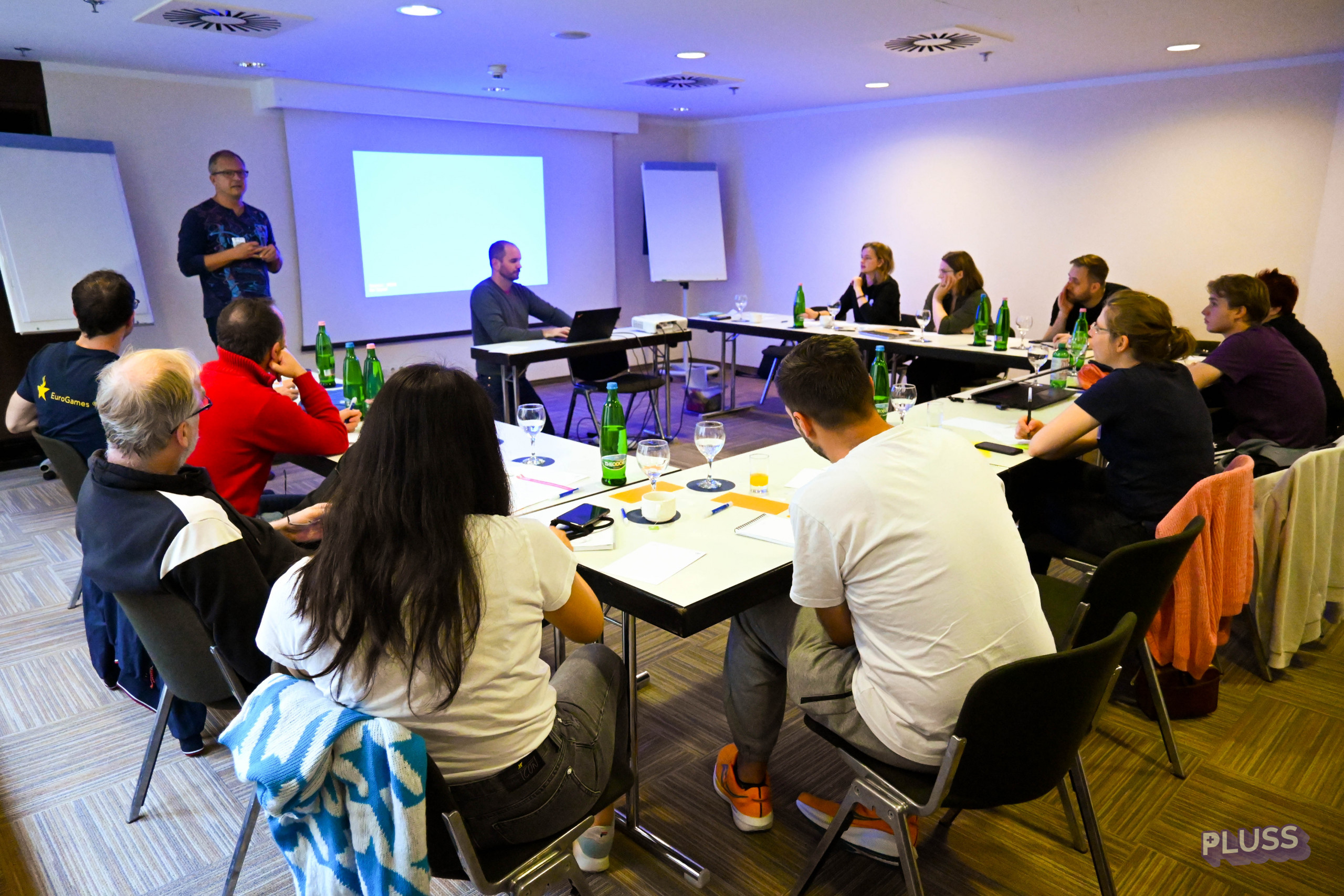
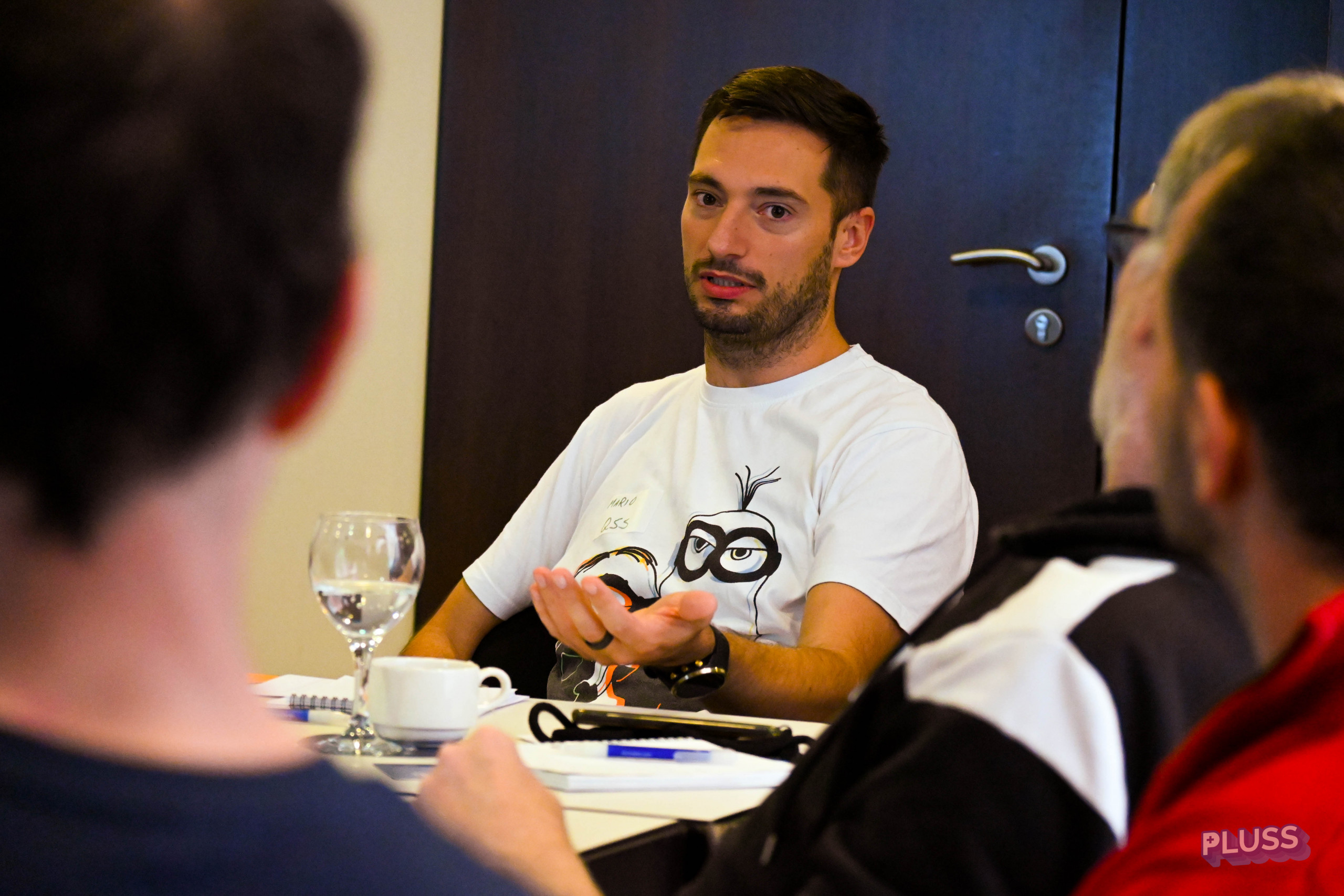
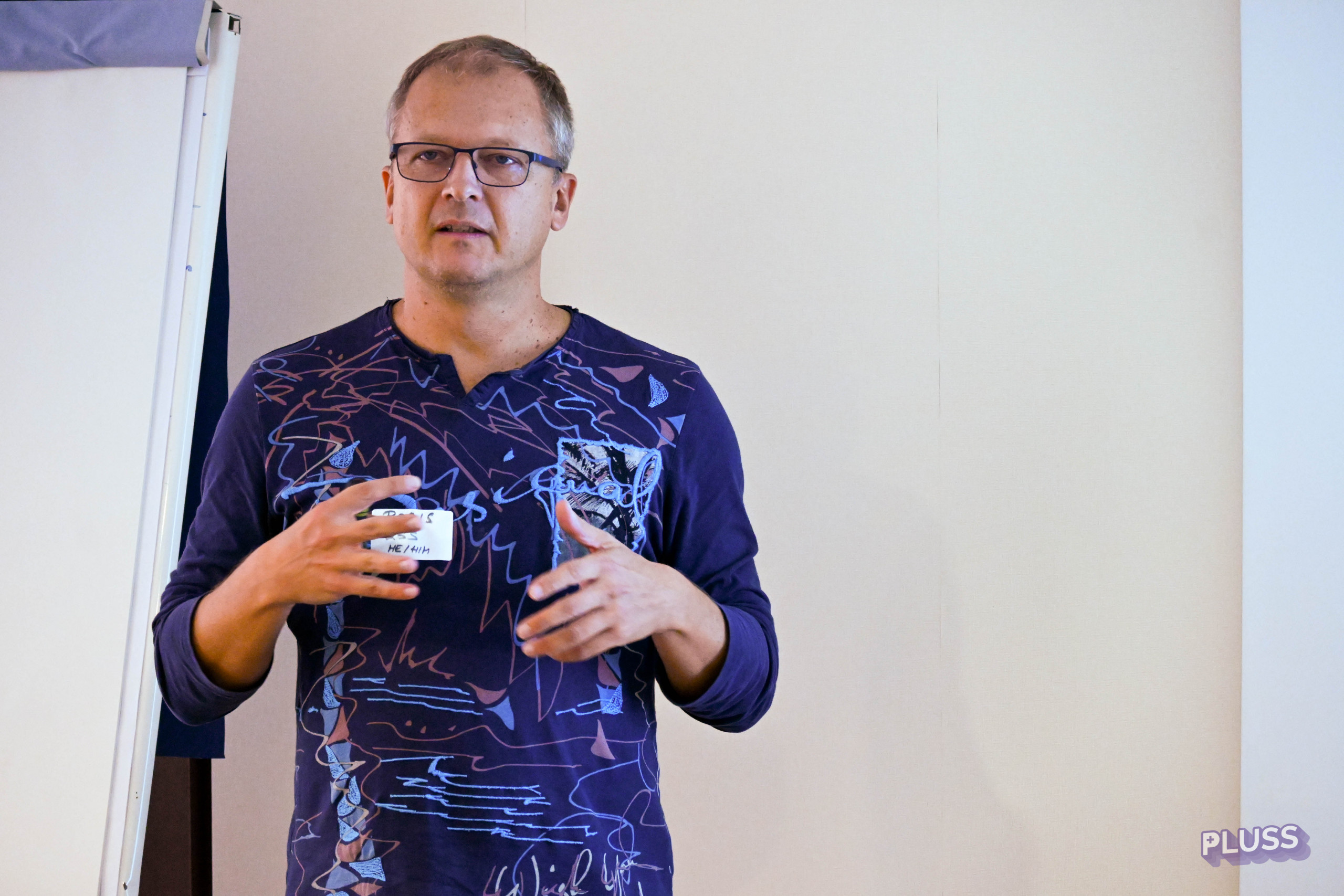
How to Attract New Members
To attract new members, our LGBTQIA+ sports clubs employ diverse strategies. Prioritizing visibility is key: organizing tournaments, panels, parties, and actively participating in events like Pride can significantly increase our presence both within the LGBTQIA+ community and beyond. By enhancing our social networks and fostering connections with other associations, we can expand our reach and engage with potential members on platforms where they gather.
It is crucial to offer quality training sessions, events, and other recreational activities in a safe, comfortable environment that ensures inclusivity and empowerment. Providing positive, fun experiences and fostering a sense of belonging can lead to word-of-mouth recommendations, attracting individuals who are seeking a supportive community where they can thrive and enjoy quality time.
How to Reach a Wider and More Diverse Audience
To ensure our LGBTQIA+ sports clubs reach a broad spectrum of individuals, including women, youth, seniors, transgender, intersex, non-binary individuals, and more, we should adopt a multifaceted approach.
- Inclusive Visual Representation: Prioritize inclusive visual representation by featuring diverse images in our press materials that reflect the various identities within our community.
- Effective Communication Channels: Use different communication channels to cater to the specific preferences and needs of various demographics, ensuring our messages resonate effectively.
- Designated Contact Persons: Establish designated contact persons to provide support and guidance, serving as safe points of contact for individuals within specific groups. This also allows for quicker response times for those interested in our sport activities.
- Transparent Communication: Maintain transparent communication to keep all members informed about our efforts towards diversity and inclusion, fostering a culture of openness and belonging within our clubs.
- Partnerships with Specialized Organizations: Partner with specialized organizations that work with different groups to extend our reach and engage with communities that may be underrepresented in our sports clubs.
- Outreach Programs: When organizing tournaments and similar events, provide outreach programs (if financially feasible) to target marginalized demographics who might otherwise be unable to afford to join our activities. This enriches our clubs with greater diversity.
By implementing these strategies, we can ensure that our clubs are welcoming and accessible to a wider and more diverse audience, promoting inclusivity and community engagement.
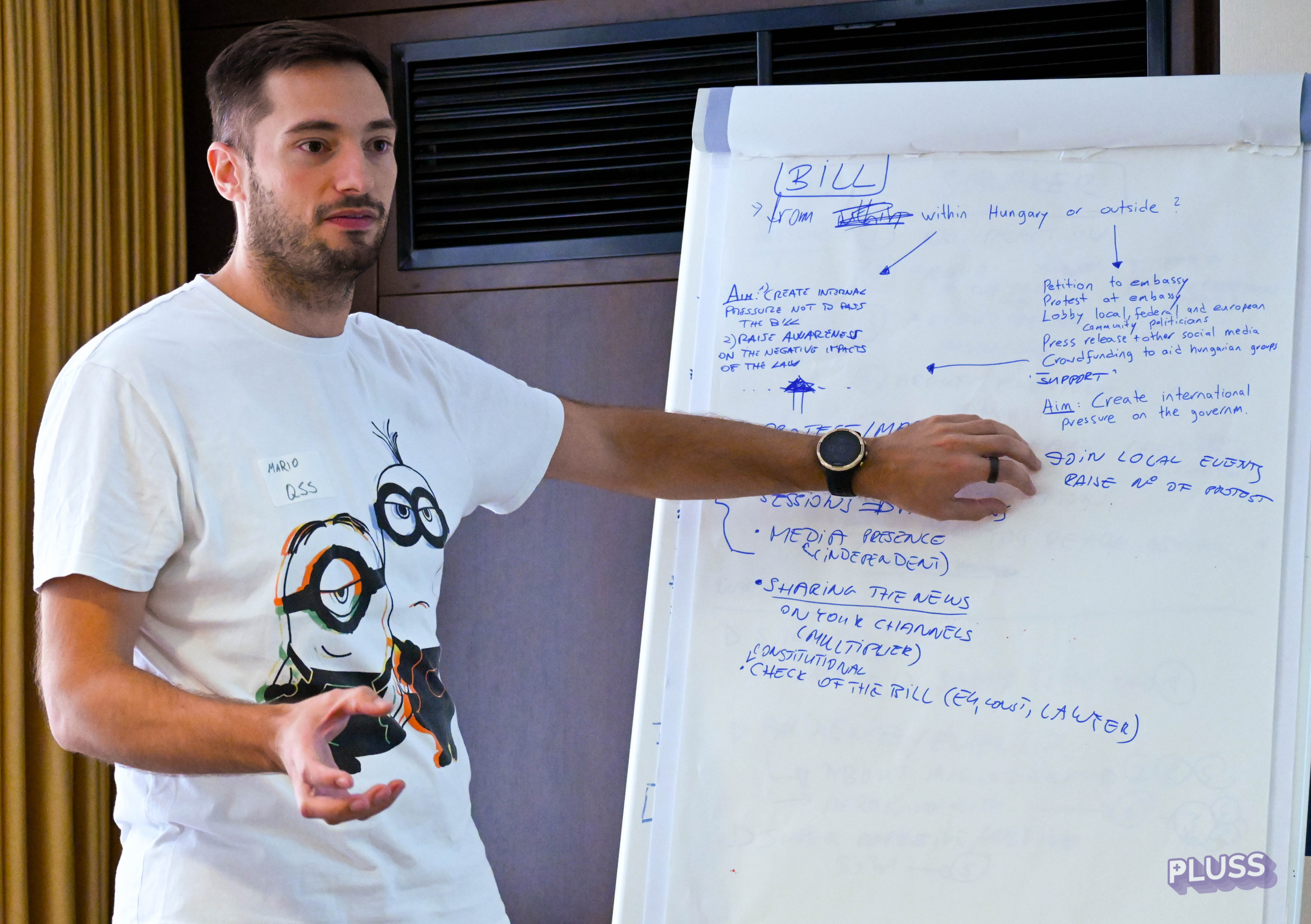
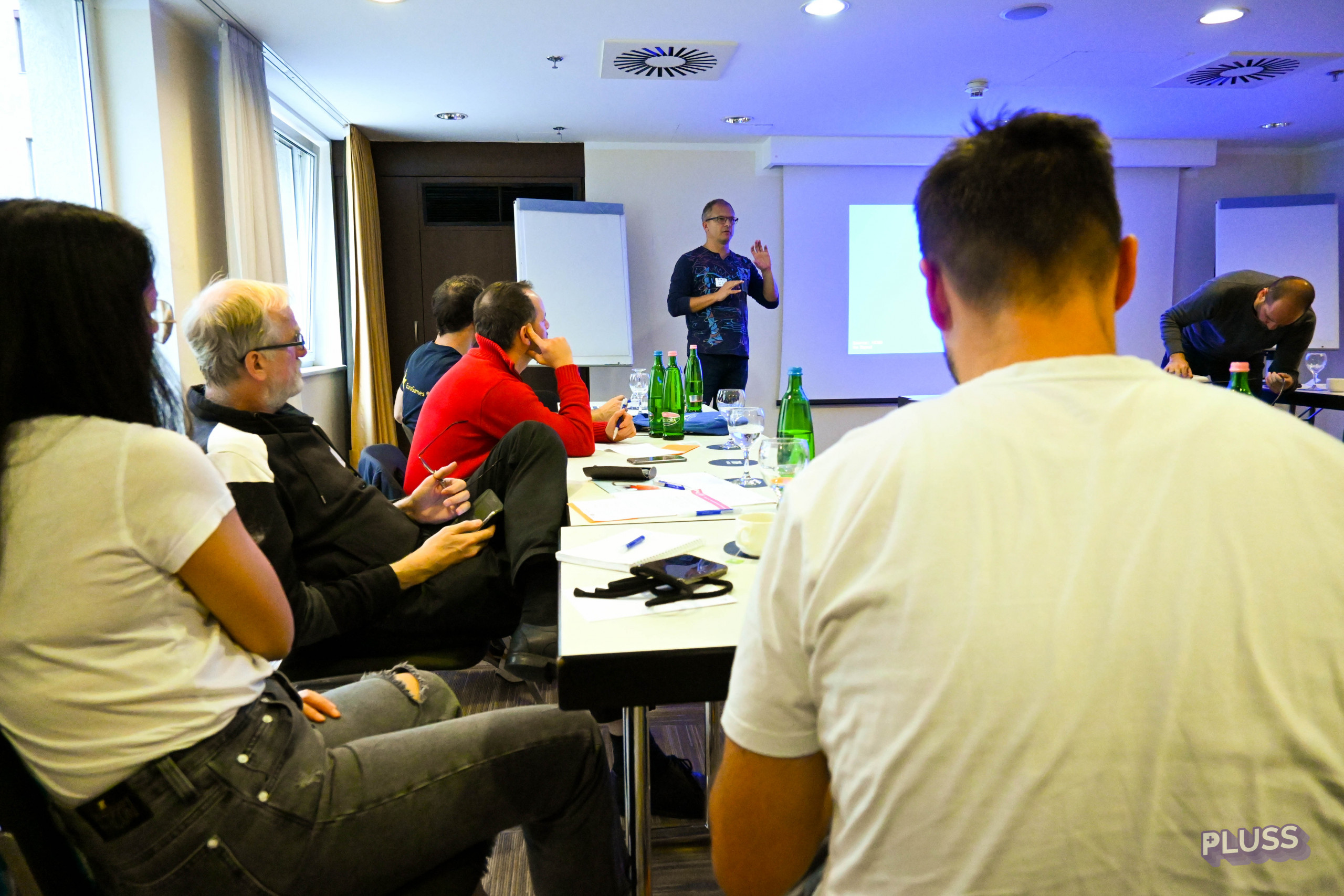
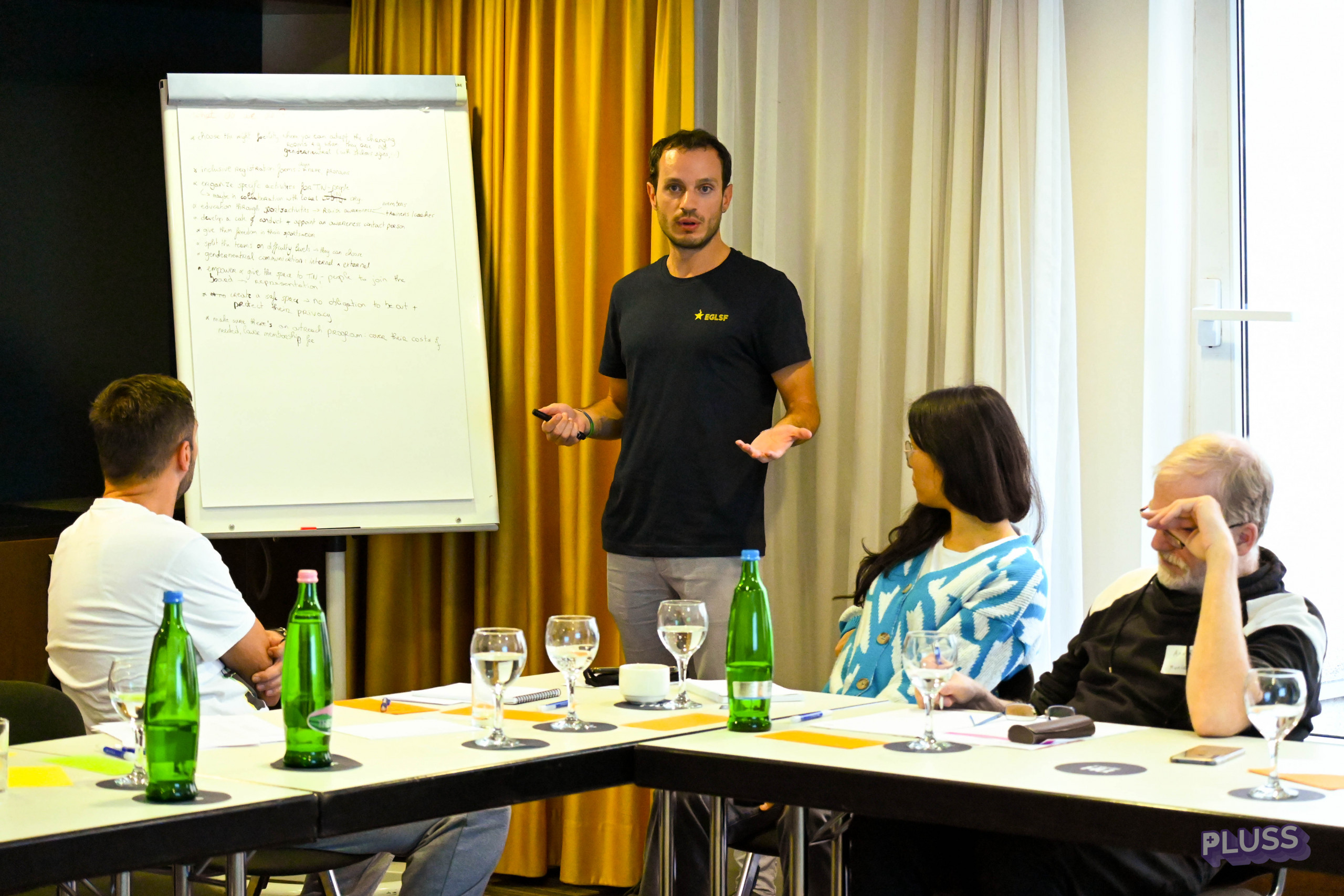
How to Provide Safer Sports Spaces for TIN People
To foster safer sports spaces where transgender, intersex, and non-binary (TIN) individuals can feel comfortable, we must prioritize several key initiatives:
- Respect for Pronouns and Gender Identity: Emphasize the importance of using correct pronouns and respecting each individual's gender identity and expression. This is the most fundamental and crucial step we can take.
- Inclusivity in Team Participation: Ensure that TIN individuals have the opportunity to join the team that corresponds with their gender identity and expression, promoting inclusivity and affirming their sense of belonging.
- Clear Guidelines on Respectful Behavior: Establish clear guidelines on respectful speech and behavior, and provide designated contact persons to address any concerns.
- Education and Training Programs: Offer education and training programs for coaches, members, and staff to enhance understanding and awareness of gender diversity and inclusion.
- Inclusive Registration Forms: Ensure that our registration forms for activities and events include options for chosen names and various gender identities.
- Adapted Facilities: Make efforts to adapt facilities such as bathrooms, changing rooms, and showers to accommodate diverse needs whenever possible.
These simple but collective efforts contribute to creating an environment where TIN individuals can participate in sports confidently and without fear of discrimination or exclusion.
How to motivate members to become more active in organising activities?
To achieve greater involvement in organising activities within our LGBTQIA+ sports clubs, we can do several things. It is desirable to foster a sense of belonging by taking the time to understand each member's unique interests, strengths, and aspirations. We should try to get to know our members and also participants in our activities.
By highlighting the broader vision and goals of the club, we can establish a personal connection, so an individual will better understand how volunteering activities can contribute to the collective success of our sports club. Delegating responsibilities with clear tasks empowers members to take ownership of projects, while direct engagement, such as personally inviting individuals to participate or forming small teams, encourages active involvement.
Additionally, for developing a sense of belonging to the club, we should organise team-building activities, social events, and parties to strengthen relationships.
We can also offer personalised recognition and awards to celebrate the efforts and achievements of those who contribute to the club's growth or were very active in a past term etc. Through these measures, we create a culture of engagement and collaboration, ensuring that every member feels valued and motivated to contribute to the club's success.
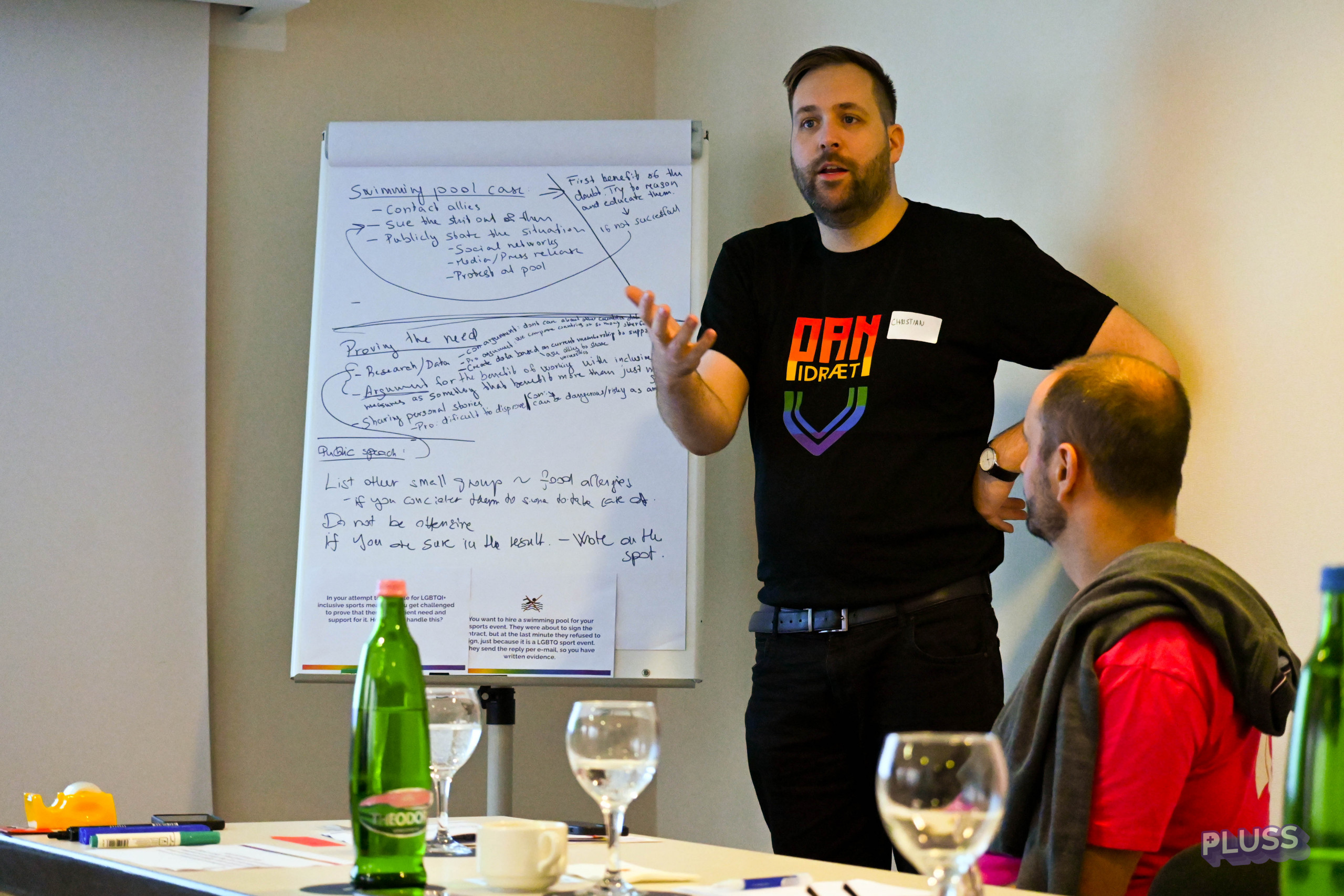
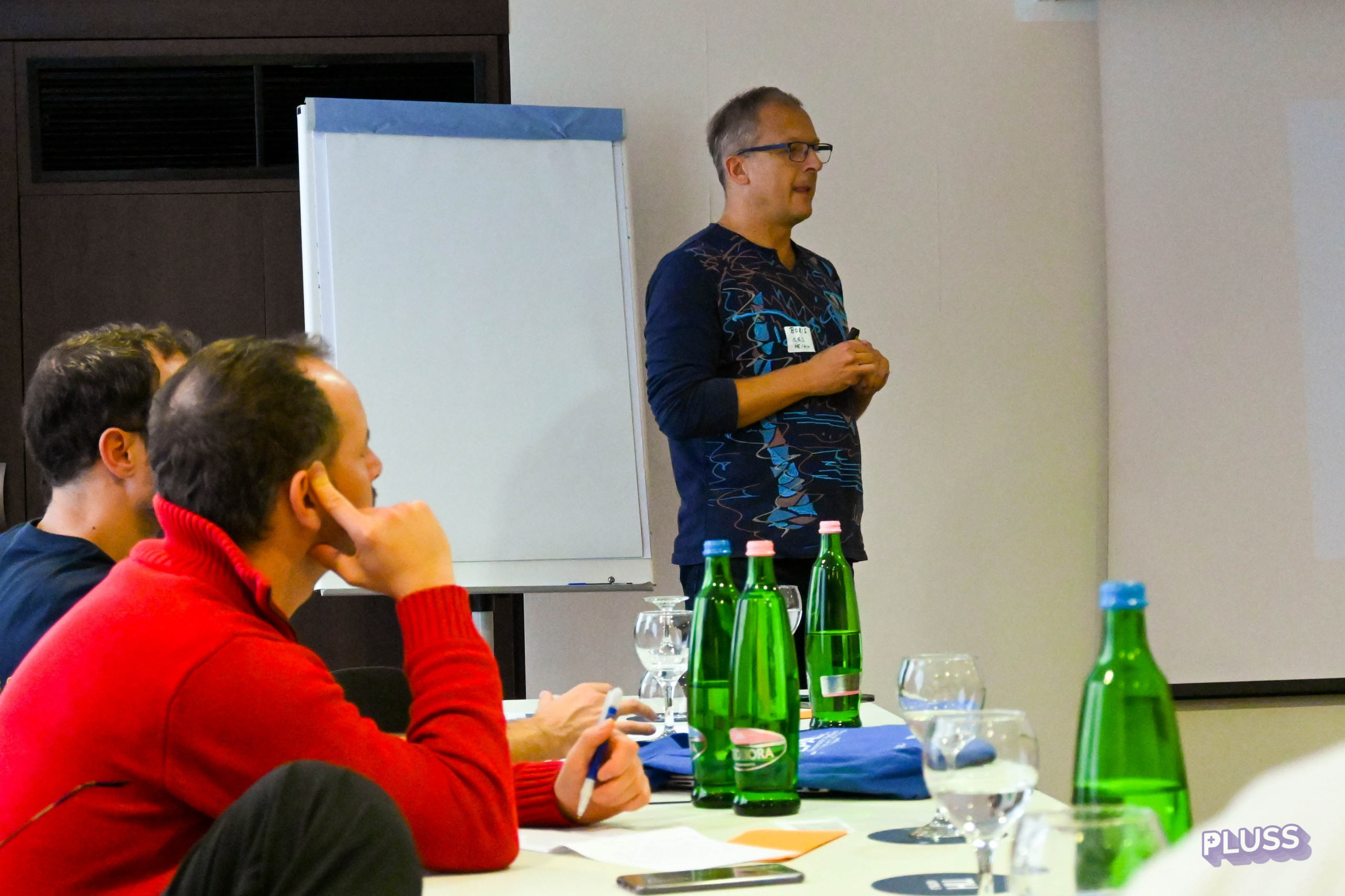
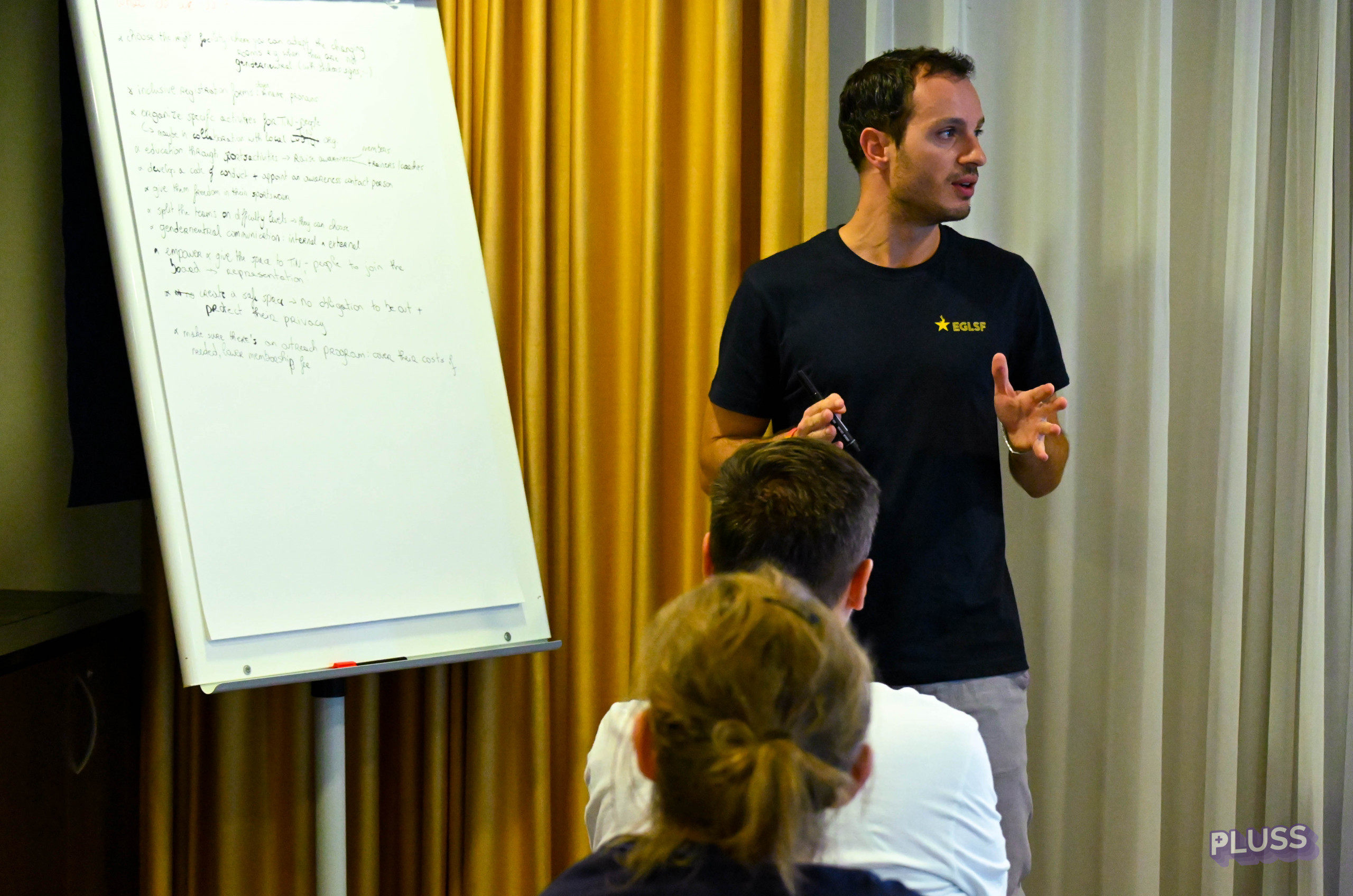
Conclusion
In conclusion, the journey towards creating truly inclusive and welcoming LGBTQIA+ sports clubs is an ongoing process that requires dedication, collaboration, and continuous improvement. We must remain committed to this mission, never ceasing our efforts.
By reflecting on our experiences and learning from one another, we have identified key strategies to attract new members and reach a wider audience while prioritizing diversity and inclusion. From enhancing visibility through events and social networks to fostering safer spaces for TIN individuals, we recognize the importance of proactive measures to ensure everyone feels respected and valued within our clubs.
Empowering members to take on responsibilities, fostering personal connections, and celebrating their contributions cultivate a culture of active participation and engagement—crucial for the long-term survival of our clubs. Through these collective efforts, we aspire to create vibrant and supportive communities where all individuals can thrive and enjoy the benefits of sports in a safe and inclusive environment.
Have a look here at the digital presentation of the content and of the programme of the capacity building under the PLUSS project, which, apart from membership , also addressed the topics of events, advocacy and governance. If you want to know more about these topics, by clicking on them you can read the related articles.
The workshop on membership was delivered together with the following facilitators:
Rene Koradin, long time activist for student and queer rights, student of sociology and political theory, graduated political scientist, currently working in the queer humanitarian association DIH and the sports club Out in Slovenia. He has experience in student politics and also working with young people, especially in the field of active citizenship, political and student rights. He has organised several summer schools, round tables, reading seminars, workshops, etc. He has been volunteering as a youth worker for the last 5 years in various organisations. Currently works at 4 international projects that deal with inclusive sports and several projects that are dealing directly with queer community.
Mario Mal?ak (he/him) from Queer Sport Split. Participating in qSPORT Zagreba activities from 2012, Organizing qSPORT Zagreb hiking activities since 2020. Organizing team of QueerSport Weekend, an international multi-sport tournament in Zagreb, Croatia, organized by qSPORT Zagreb (2020), Organizing qSPORT Day 2022 and Organization team of Zagreb Pride 2012, Volunteering in the field of children education (2007-2008), students rights and life standard (2008–2012). During business days working in the field of internal control, finance, tax and accounting.
Boris Vrdoljak (he/him) from Queer Sport Split. Boris is one of coordinators of sports activities in qSPORT Zagreb, where he has been organizing swimming and dance trainings. He took part in organizing teams of several smaller multisport tournaments such as QueerSport Weekend and QueerSport Day in Zagreb. With Queer Sport Split, currently participating in three Erasmus+ projects for inclusive sports. He was moderating a self-assessment workshop at the CEEYOUSPORT project and organized several panel discussions on LGBTQIA+ sport. Passionate about developing the vogue/ballroom community and organizing balls in Croatia. During the working days, he is professor at University of Zagreb, Faculty of Electrical Engineering and Computing.
Keep up to date through our social media, newsletter and the PLUSS dedicated section in the
EGLSF webpage! +PLUSS PROJECT - EGLSF.info
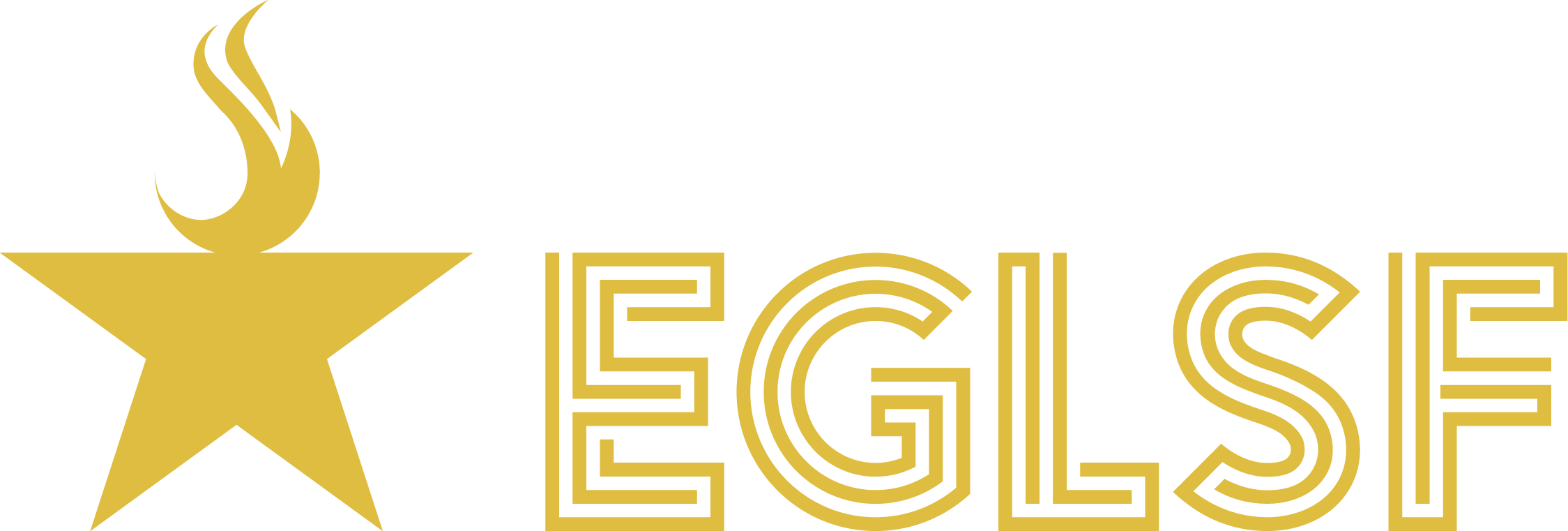
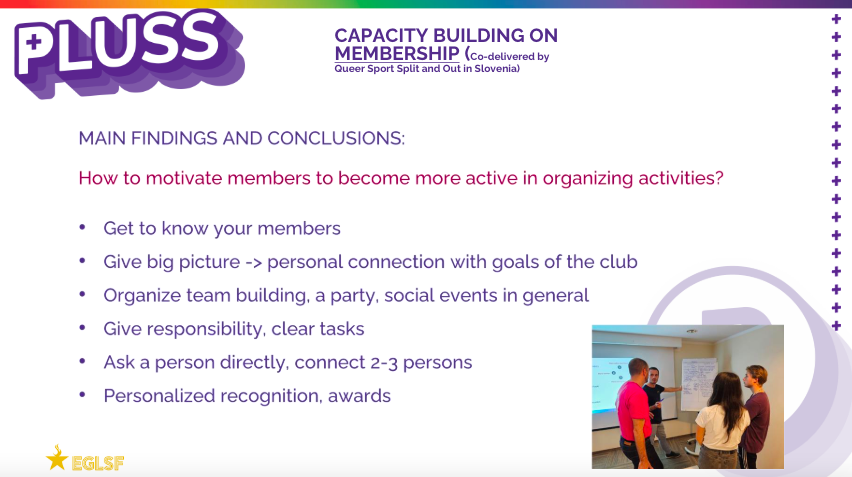
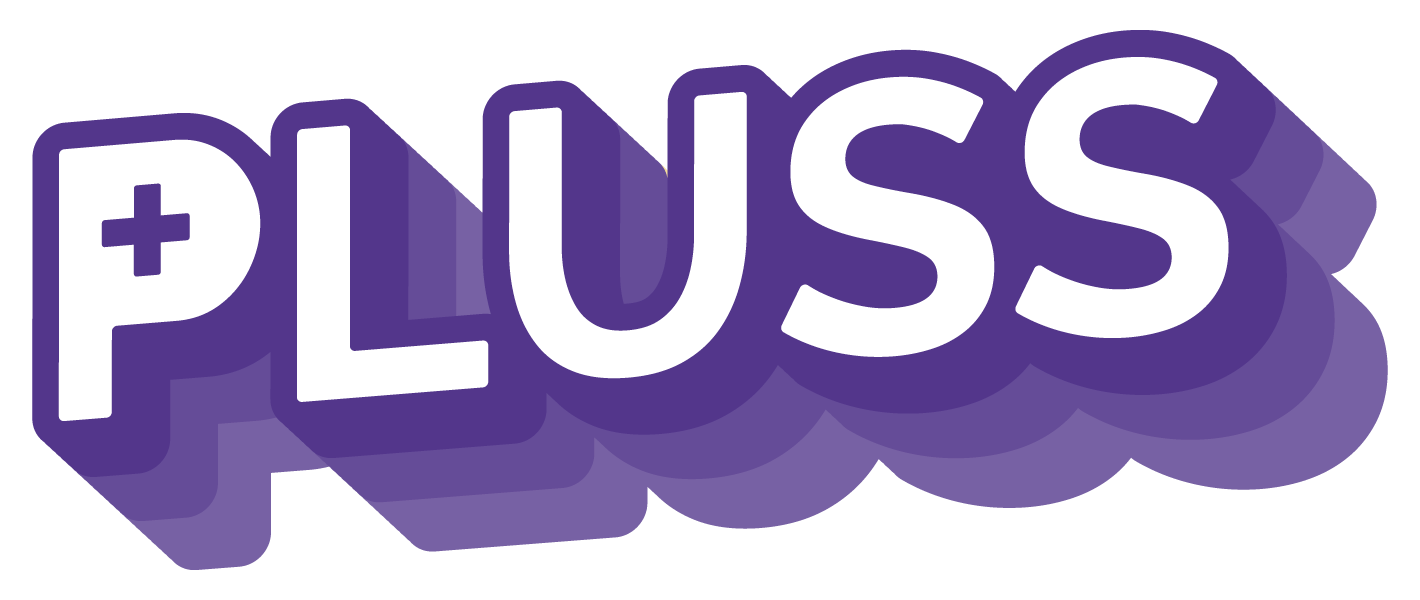

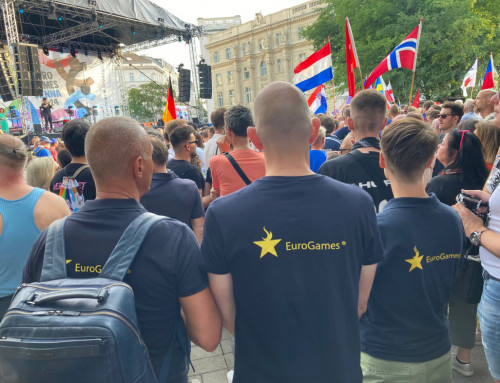
Leave A Comment